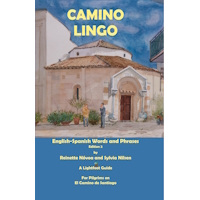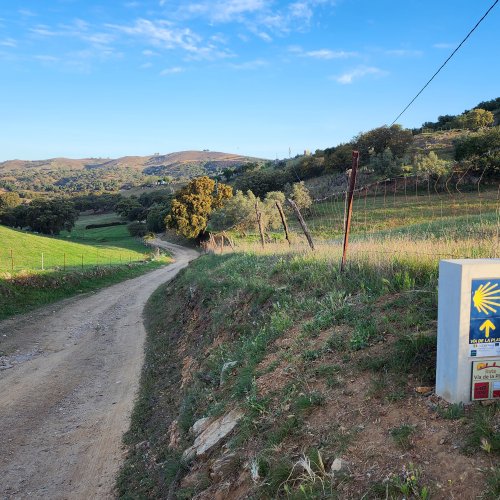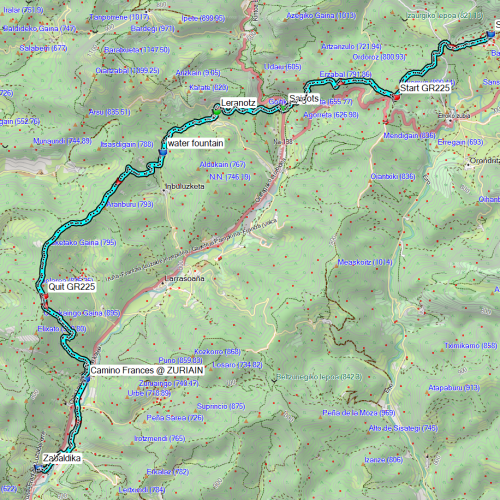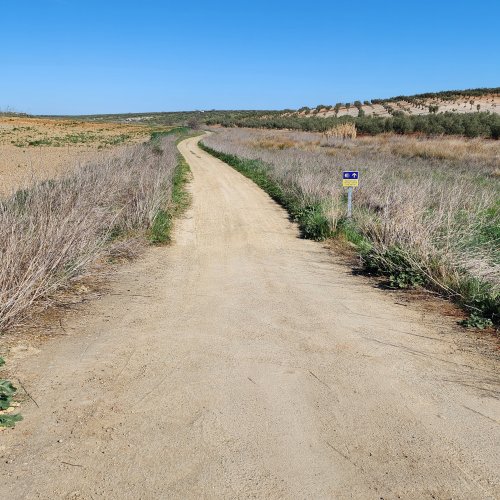I think you will find that far more Portuguese speak at least some English than is the case with Spaniards in Spain. There are, I believe, four basic reasons for this:
1. Unlike Spain, Portuguese TV programs in the evening are subtitled. A program is shown in English (if that is the source) with Portuguese subtitles displayed underneath the spoken words. This helps with improving comprehension across all age groups. In my experience in Europe, France, Italy and Spain do NOT do this.
2. English is a required subject in most schools across Portugal. I am not aware that this is the case in some other countries. So, younger folks will usually speak better English than the retired folks like me...but, I have been surprised...
3. As most of the internet is in English (just a fact) people who use the internet regularly have had to learn some English. So, they are usually not shy about it.
4. Many Portuguese have family in the US and Canada. Hence when they visit their extended families, they improve their understanding of English. Their family members also come to Portugal for visits. This way, language is spread.
When I am in Portugal, one of my favorite phrases to use at the outset of a conversation is: "?Fallah inglhese...?" (phonetic pronunciation). It asks simply, do you speak English? If they reply "nem" or "no," well, then I ask "?Espanol?" One always manages...
This is usually met with a flood of Spanish. The Portuguese are a very friendly and welcoming group... Many if not all speak at least some Spanish. They likely prefer not to, as they are rightfully proud of their language and culture. I remind myself that I am the ignorant foreigner, not them.
In 2015, I needed a pharmacy and was approached on the street, by a lovely older woman dressed all in black, and wearing a full apron. A lovely woman...she reminded me of my own mother.
She asked, I gather, if she could help me. We passed by "falla Ingles" quickly and into ?Espanol?" This got a negative reply as well.
At this, she reached into her apron pocket whipped out a mobile phone and proceeded to speed dial someone. She spoke to that person in rapid Portuguese, then handed the phone to me. When I said 'hello," I was met with a stream of perfect colloquial American English.
Turns out the fellow she called was her son, who had lived in the US. He sorted me out and had me return the mobile to mama. All was well after that.
I tell this story to illustrate the measures that Portuguese people have gone to, out of their way, to be helpful to at least this peregrino.
On balance, my suggestion is to obtain the Berlitz phrase book and CD. Practice. I rip the CDs to my computer and then copy the .mp3 files to my iPhone so I can listen and practice at my convenience. It really does help. It is also a sign of respect that you are trying to learn the language of the country you are visiting.
Also, I find the I Think Diff family of language dictionaries to be superb. They are very inexpensive and regularly updated. Each contains a phrasebook, reverse dictionary and the ability to sound out words so you get a good feel for pronunciation. These apps are available for most popular languages on the iTunes and Android app store platforms.
Hope this helps.













